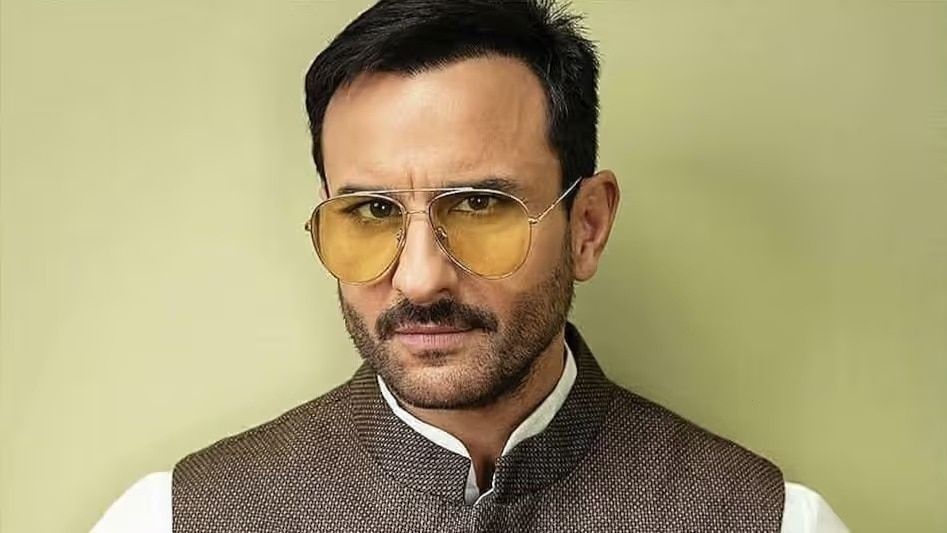Exorbitant Medical Bill Sparks Debate Over India's Healthcare Costs

A ₹35.95 lakh medical bill for actor Saif Ali Khan’s treatment at Lilavati Hospital has reignited debates about exorbitant healthcare costs and insurance policies in India.
Mumbai-based cardiac surgeon Prashant Mishra questioned the billing practices of premium hospitals, saying that such high charges for a stabbing which seems to be 5-7 days of hospitalization are not justified. "Most hospitals have fixed package systems that provide standardized charges and greater transparency," he noted.
However, Lilavati Hospital allegedly operates on an open billing system, allowing costs to vary significantly based on services rendered, leading to inflated bills. Mishra pointed out that this can create unpredictability in medical expenses, which is a significant concern for consumers.
The leaked claim details revealed stark inequalities, with hospitals and insurance companies taking advantage of the situation. "These exorbitant charges directly affect the middle class, as rising payouts by insurance companies result in increased premiums for the general population," Mishra said.
Small hospitals rarely approve claims exceeding ₹5 lakh, highlighting how premium hospitals can negotiate higher claims while the middle class faces stricter caps, compounding financial stress.
Mishra called for a standardized package system across hospitals to curb inflated costs and make healthcare more accessible. He noted that bundled payments can improve transparency and cost predictability but faced challenges in standardizing fees for complex cases and gaining provider buy-in.
The debate over exorbitant healthcare costs and insurance policies is expected to continue as India's middle class grapples with rising medical expenses.
